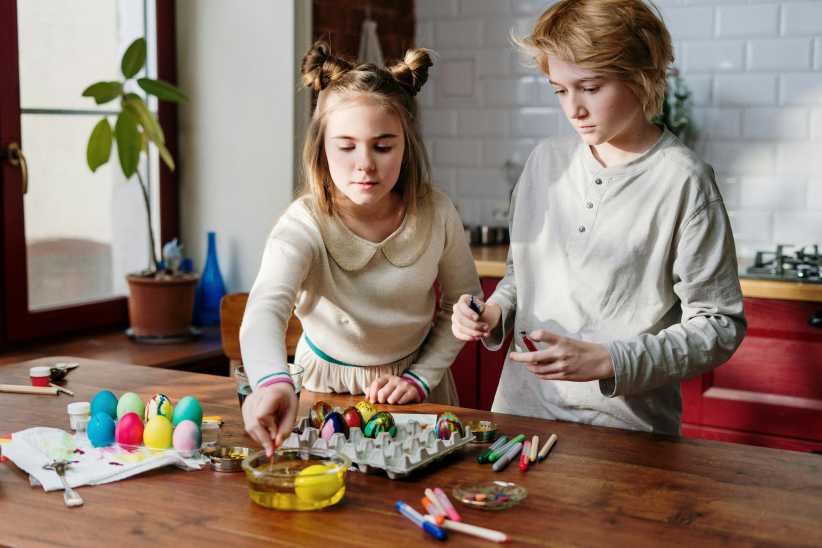Advice from a child psychologist on teaching your child to be appreciative and generous, especially during the holiday season.
The holiday season is once again upon us, with its parties, twinkling lights, and of course, gifts. Ah yes…the gifts! For parents, it is always a challenge to keep the gift-giving in check, and to remind children to appreciate all that they receive. It can be frustrating – especially if you find that the amount of money or effort spent on your child’s gifts does not seem to equal the amount of appreciation expressed towards the givers or the gifts.
There is, however, a way to get your child on the fast track to truly appreciating the gifts received, and more importantly to teach him how to be thankful towards the giver – even if he doesn’t like the gift all that much. The way you teach your child these lessons is by showing him what it is like to be the giver, rather than the receiver. Children as young as 3 or 4 years old can begin learning how to give gifts, and a child is never too old to begin learning how to be a wonderful giver. There are three reasons why it is important to teach your child to give gifts, rather than just receive them:
- She will not learn how to be a giver if someone doesn’t teach her.
- The warm and fuzzy feeling he will get when the receiver appreciates his gift will reinforce his desire to continue giving – gifts, time, charity.
- The thought, time, and money required of your child to give a gift will help her realize that the same is required of others when they give her a gift, so she will be more likely to appreciate gifts she receives. If she forgets, you can remind her!
The Joys of Gifting
|
Share the Love Locally! |
To help your child learn how to become a great gift-giver, it is important to set rules for giving. For example, if your child is old enough to understand the value of money and he has money to spend, the gift should come from his own money. This means that your child should use allowance or saved money to purchase gifts. You can help your child budget for gifts based on what he can truly afford – even if this is only a dollar or two a gift.
If your child is too young to understand the value of money, if she doesn’t receive an allowance, or even if she is unwilling to part with her money, gifts should be a product of creative effort or an offering of a service. Examples of these include artwork, washing the dishes, doing laundry, or cleaning the car.
You should help your child generate ideas for gifts and finished products. In addition, make sure to take your child shopping for gifts or supplies. This will take your time and effort (and even money!), but keep in mind that it teaches your child valuable life skills. Even offer to help wrap the gifts because this lets your child know that you believe his gift is just as important as every other gift being given this season.
Before you know it, not only will you have a more appreciative child, you will also have a more generous one as well. Here’s to a happy gift-giving season!
Dr. Susan Bartell is a nationally recognized child psychologist, speaker, and award-winning author. Her latest book is The Top 50 Questions Kids Ask.
| Also see: Charity-Minded Gift Ideas for Kids |





















